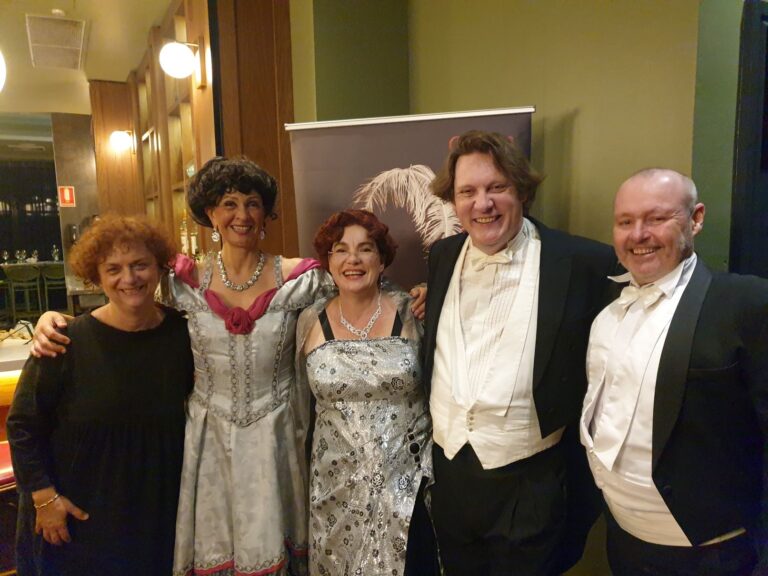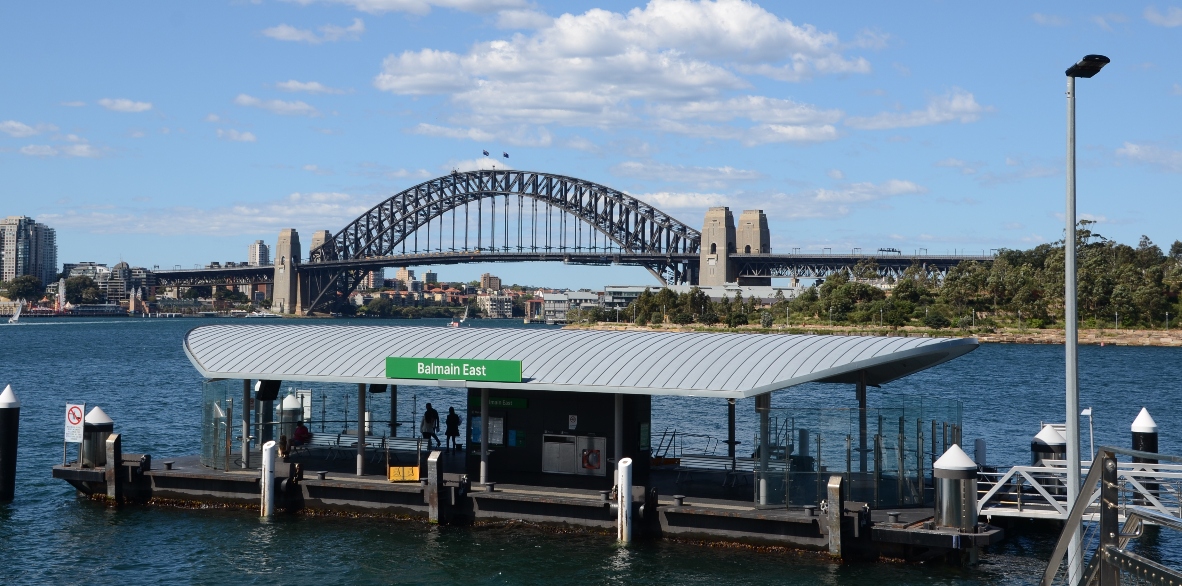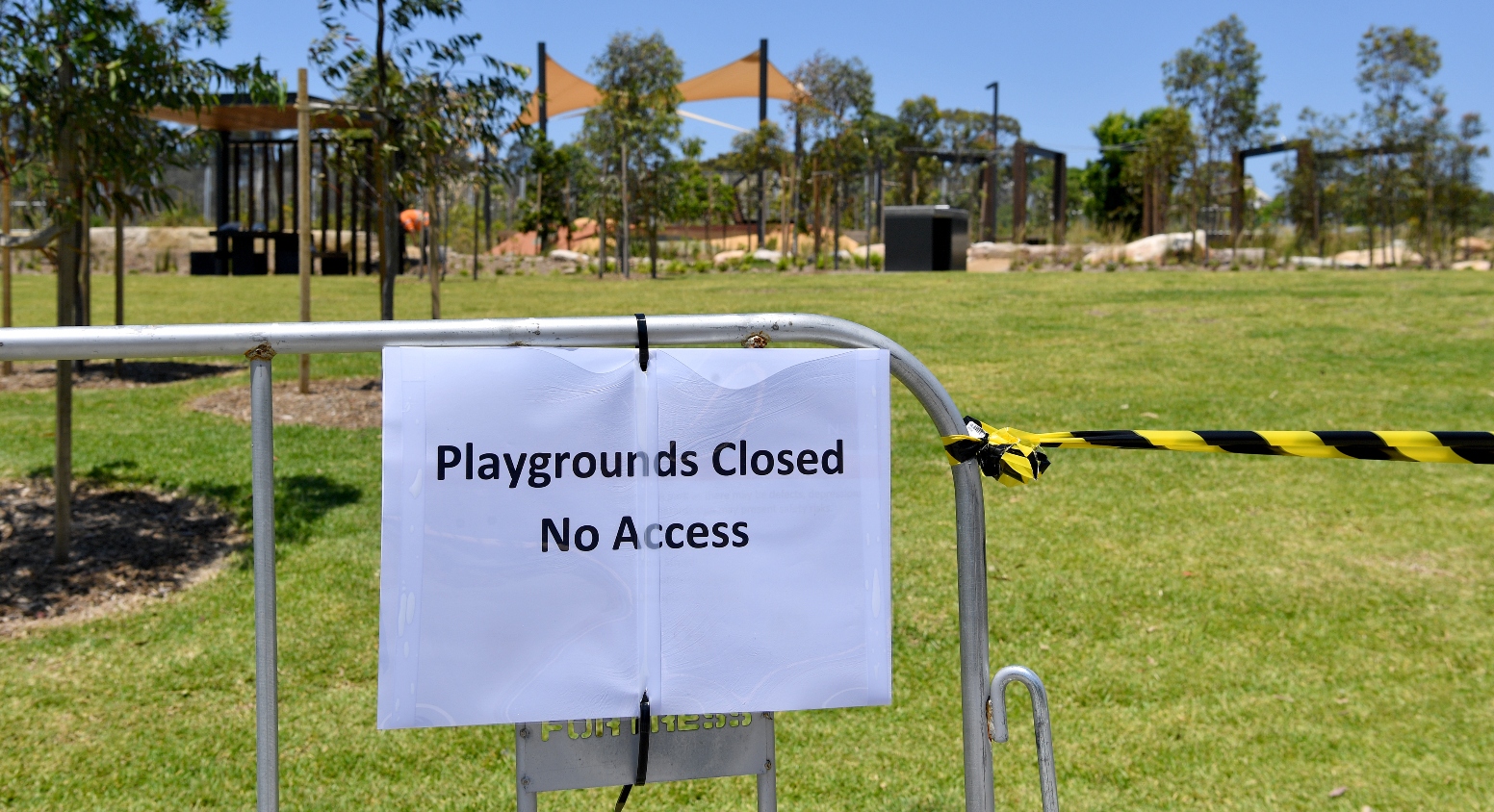
Eva Cox still banging the drum
When Eva Cox was three years old, she stood in line to receive her instrument for the percussion band at her preschool. Upon asking if she could have a drum, she was informed that girls received tambourines and triangles – the cymbals and drums were reserved for the boys. The memory hasn’t faded with time.
“I can remember very clearly thinking, ‘I don’t want to be defined as a girl if it means I’m not able to get access to stuff that doesn’t let me make much noise…”
It’s a refrain she has maintained to this day. Making her mark with her involvement with feminism, initially with the Sydney Push and later the Women’s Electoral Lobby, she is probably best-known for being, as she puts it, “a constant pressure-point” in the struggle towards a more civil society.
Her role in campaigning for women’s equality has been recognised this month by Australia Post, who presented her with this year’s Australian Legends Award, commemorating her visage on a stamp. But in a particularly poor bout of timing, the recognition comes as the long-time Glebe resident’s local post office is earmarked for closure.
“The post office is one of the few pieces of symbolic value we’ve got left, even if we sold the buildings years ago,” she says. “There’s still the sense that having a post office gives you a public utility, so it’s a unifying factor – particularly the Glebe one, which sits on the boundary between the public and private housing areas of the suburb.
“In fact, one of the arguments I had with Ahmed Fahour was over the importance of having a post office in that location, since it’s one of the few meeting places where both [private and public housing] populations actually do meet. His response was, ‘Oh, maybe we should have a community service there.’ What does he think a post office is?”
When it comes to the successes of the feminist movement – and equally, areas it has been less than wholly successful – Dr Cox is as strident as ever. Even on subjects like paid maternity leave, on which the government likes to hail its leftist bona fides, the praise is far from fulsome. “It’s a very minor positive step,” she says. “What I’m talking about is asking questions like, how come we still have extraordinarily long working hours; why don’t we recognise that productivity goes up as working hours go down?
“I think we’ve made some very good progress, but I think there’s still a bloody long way to go – I don’t think we’re equal by any means, and I don’t think we’ve changed society. One of the points that I think people have forgotten, is that feminism was not about giving women equality with men – what we were on about was trying to change society. The focus now seems to be on getting lots of women into top positions, but unless they actually change things, it’s a pretty boring ambition.”









